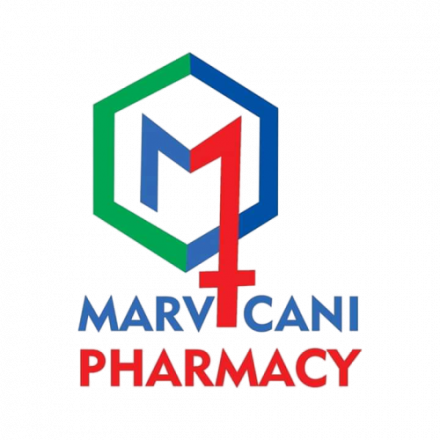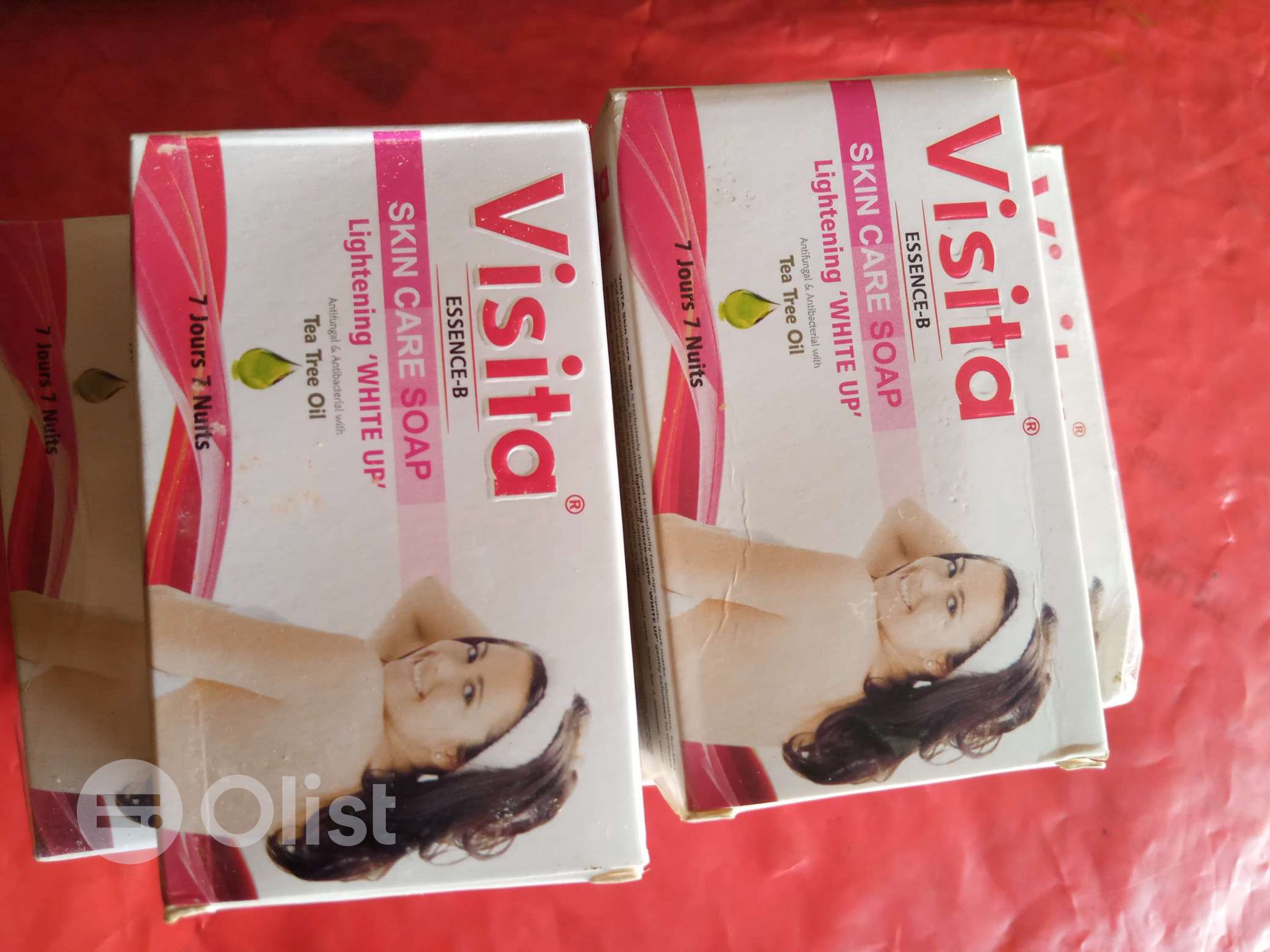Please Note!
ALL ORDERS WE RECEIVE ON OR BEFORE 6:00PM (LOCAL TIME) WILL BE PROCESSED AND DISPATCHED TO YOU THE SAME DAY.
Visita plus soap
₦350.00
Visita Plus soap is used in all commonly encountered dermatoses with bacteria and/or fungal infection, mixed dermatoses, contact dermatitis, atopic dermatitis (eczema), chronic otitis externa, Candidiasis, and napkin rash.
Description
Clotrimazole: Clotrimazole is a broad-spectrum antifungal agent that is used for the treatment of dermal infections caused by various species of pathogenic dermatophytes and Malassezia furfur. The primary action of Clotrimazole is against dividing and growing organisms.
In vitro, Clotrimazole exhibit fungistatic and fungicidal activity against isolates of Trichophyton rubrum, Trichophyton mentagrophytes, Epidemophyton floccosum, and Microsporum canis.
Beclomatosone dipropionate: Beclomethasone dipropionate, a corticosteroid, is effective in the treatment of corticosteroid-responsive dermatoses primarily because of its anti-inflammatory, antipruritic, and vasoconstrictive actions.
Gentamicin Sulfate: Gentamicin sulfate, a wide-spectrum antibiotic, provides highly effective topical treatment in primary and secondary bacterial infections of the skin.
Pharmacokinetics:
The extent of percutaneous absorption of topical corticosteroids is determined by many factors including the vehicle, the integrity of the epidermal barrier, and the use of occlusive dressings.
Topical corticosteroids can be absorbed from normal intact skin; inflammation and/or other disease processes in the skin increase percutaneous absorption. Occlusive dressings substantially increase the percutaneous absorption of topical corticosteroids.
Corticosteroids are bound to plasma proteins in varying degrees. Corticosteroids are metabolized primarily in the liver and are then excreted by the kidneys. Some of the topical corticosteroids are also excreted into the bile.








Reviews
There are no reviews yet.